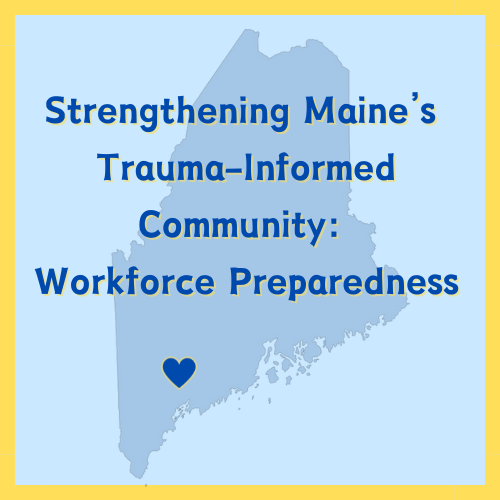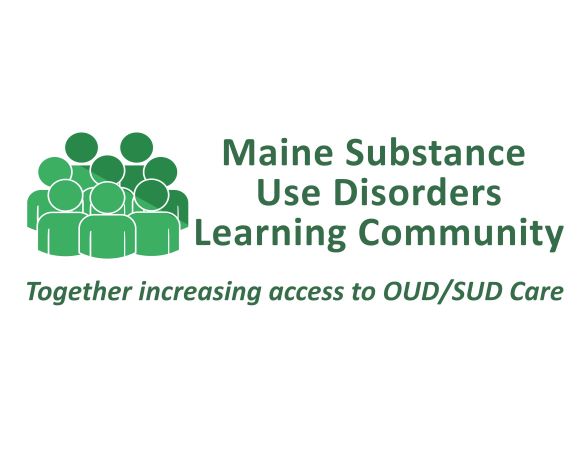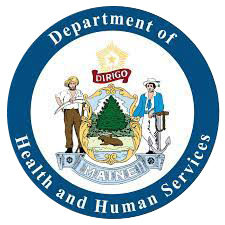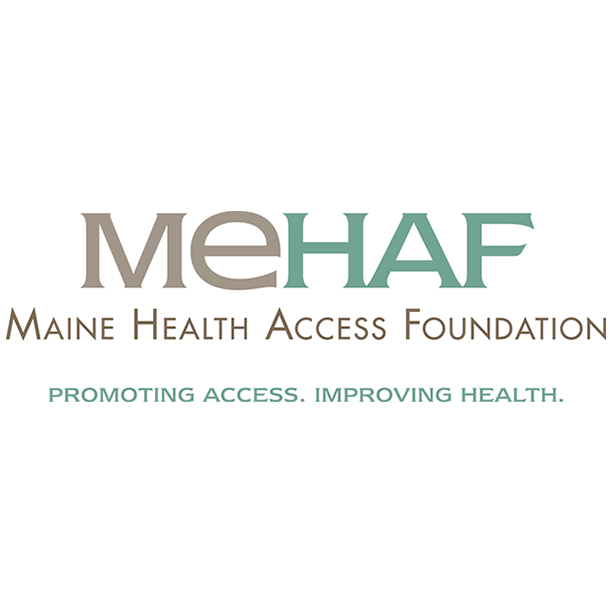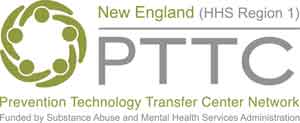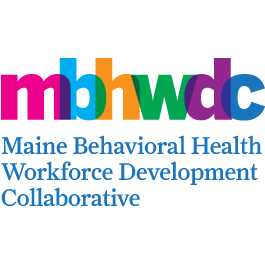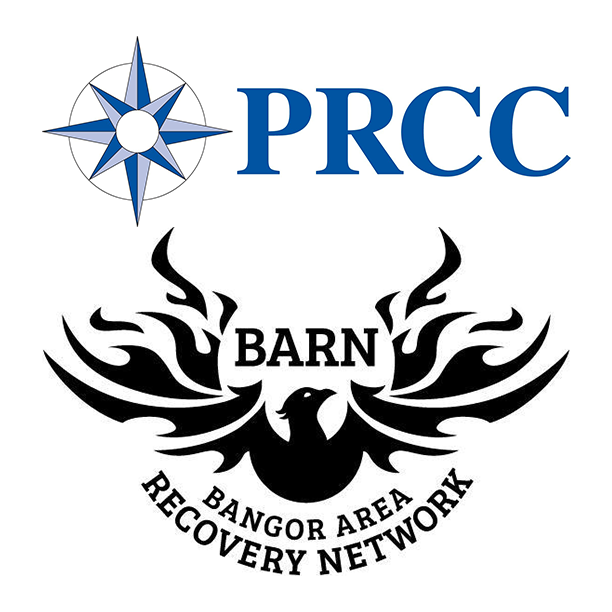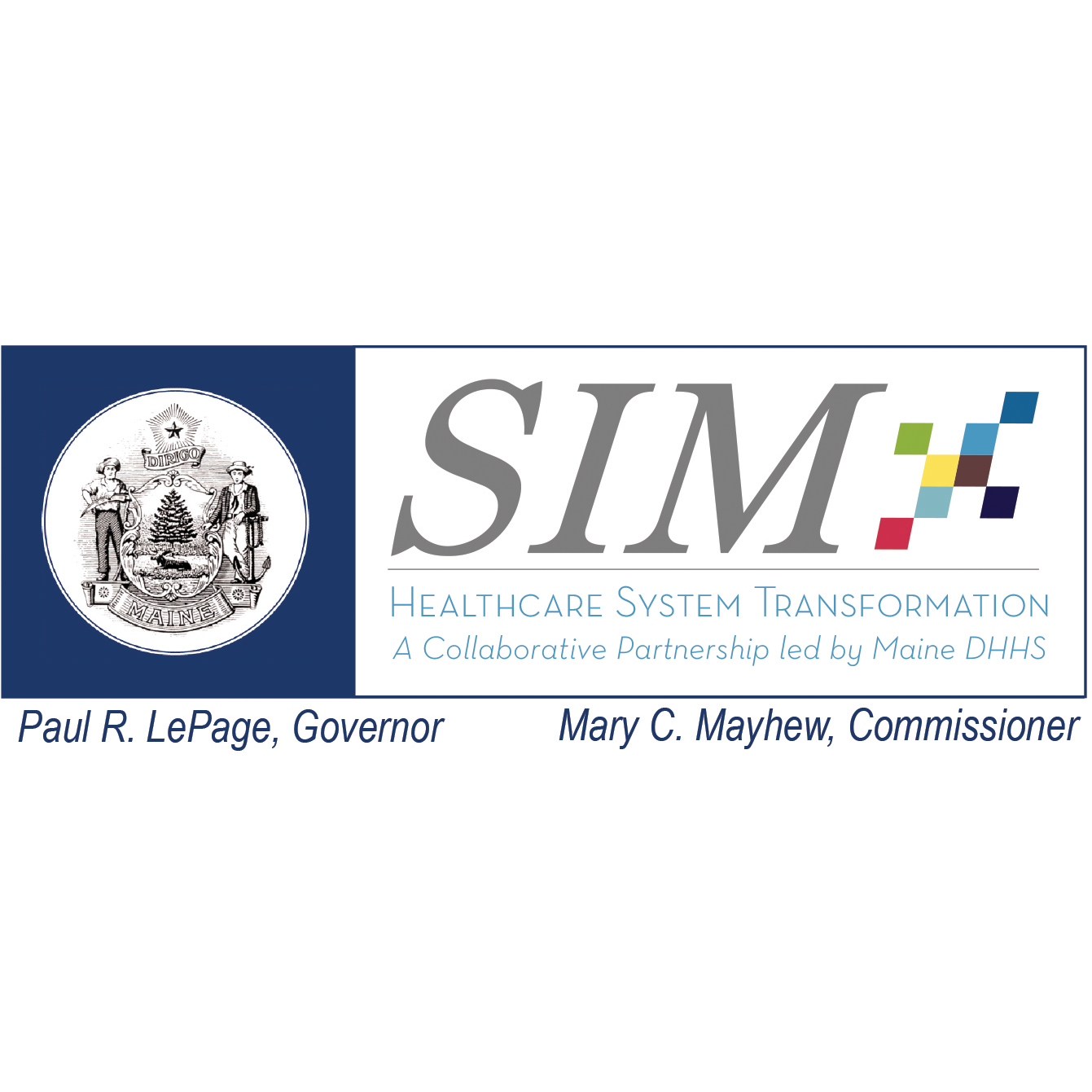Strengthening Maine’s Trauma Informed Learning Community | In response to the mass casualty event in Lewiston in October 2023, CCSME has partnered with AdCare Maine, NAMI Maine, and Maine DHHS with funding from SAMHSA to provide trainings on evidence-based practices for the treatment of grief and trauma to behavioral health professionals in Maine. The evidence-based practices were carefully selected to address clients across the lifespan. From on-the-scene relief to long-term grief and trauma care, they will be implemented across the timeline of disaster response. The trainings will be facilitated by national experts, and many will include extended case consultation and rostering. See the landing page for details about each training
